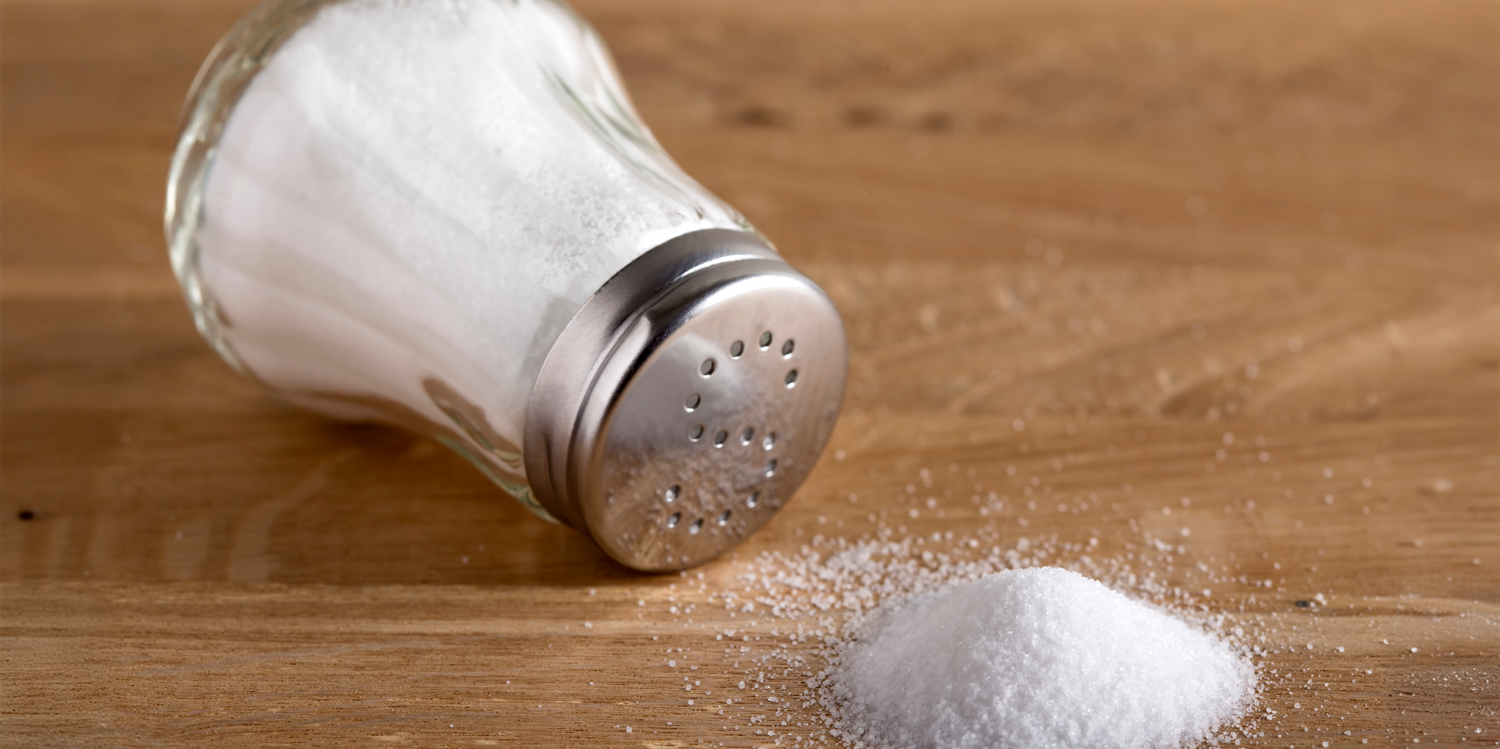It is a staple on the dinner table in many homes, but new guidelines hope to change the way we use salt to reduce the risk of disease.
The World Health Organisation has released guidelines for the use of lower-sodium salt substitutes that contain potassium to replace regular table salt.
According to WHO, each year eight million deaths globally are associated with poor diet, including 1.9 million that are attributed to high sodium intake.
The guidelines state that reducing sodium intake is an effective way to reduce diseases like cardiovascular diseases and chronic kidney disease by lowering blood pressure.
It also lowers the risks of other conditions associated with high sodium intake such as gastric cancer, according to the guidelines.
Heart disease is the biggest killer in WA communities, with more than 2,300 West Australians dying from heart disease each year.
One West Australian suffers a heart attack every 26 minutes, according to the Victor Chang Institute. Aboriginal and Torres Strait Islander peoples in WA are 50% more likely to die from a heart attack.
Latest data from WA Health suggest cardiovascular disease is the fourth highest contributing disease group to overall burden on health, and the second highest fatal burden.
More than $1.1 billion was spent in the health system on cardiovascular diseases in WA in 2018-19.
RELATED: Weight overtakes smoking
In 2012, WHO issued guidance on limiting sodium intake to below two grams per day to reduce blood pressure and risk of cardiovascular diseases.
However, according to WHO the average global sodium intake remains high with an estimated 4.3 grams consumed each day in 2019.
Lower-sodium salt substitutes can be used as salt added to foods during cooking or eating, and as an ingredient in manufactured foods, foods served at restaurants and other out-of-home settings.
The George Institute for Global Health, an independent global medical research institute based in Australia, has welcomed the new guidelines along with Resolve to Save Lives, an international health advocacy organisation focused on heart disease prevention and epidemic preparedness.
Both organisations have been working to reduce world-wide salt consumption.
Executive Director of the Institute Professor Bruce Neal said the guidelines were “a game-changer for global health”.
“The WHO’s endorsement of lower-sodium salt substitutes is a step toward large-scale, evidence-based interventions that can make a real difference to the lives of people everywhere,” he said.
“The health benefits of switching to lower-sodium salt substitutes are well established, and this recommendation offers a practical way to lower blood pressure and prevent cardiovascular disease.
“By making lower-sodium salt substitutes more widely available, accessible, affordable and acceptable we can reduce the global burden of heart disease and stroke, particularly in low- and middle-income countries where the impact of these diseases is disproportionately high.”
Resolve to Save Lives chief executive Dr Tom Frieden said most people consumed far too much sodium and a vast majority consumed too little potassium.
“Switching to potassium-enriched low-sodium salt could save your life,” Dr Frieden said.


